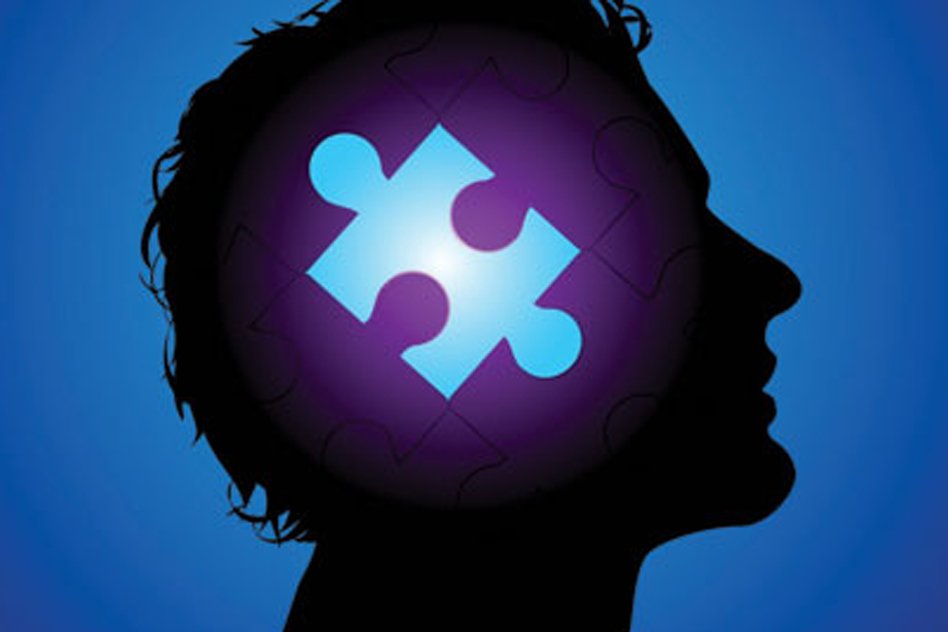Image Courtesy: biospectrumindia
What is the first thing that comes to your mind when we say Mental Health? A typical response we often get is “People with mental health issues are mental, crazy and belong in a mental asylum”. These stereotypes exist amongst many of us. We are even encouraged by the exaggerated portrayals of mental health issues in some movies and newspaper articles.
Each and every one of us has a mental health just like we have a physical health. Does this mean we are all crazy?
It takes us a split second to identify a physical health issue like a fever or a migraine and get support from a medical professional. We can even spot physical health issues in others and advise them to seek support but we do not do the same with mental health issues. We prefer to ignore it, pretend like it does not exist until it gets worse and we can no longer hide it.
Many of us do not even realise that we are experiencing a mental health issue because issues of the mind are not as physical and easily noticeable as issues of the physical health. Quite often, unnoticed mental health issues can manifest as problematic physical symptoms (e.g. constipation, pain, fatigue). This is known as somatisation.
On the flip side, those that realise they have a mental health issue often do not get the support they need. This can be due to a number of reasons. A lack of appropriate treatment options, financial constraints, culture, the fear of their mental health getting worse and the stigma attached with experiencing a mental health issue that prevents people from seeking support. Why are we more ashamed to recognise that we are experiencing a mental health issue than a physical health issue?
The current status of mental health issues in India
The World Health Organization (2005) reports that for every 100,000 people in India there are 0.03 psychologists, 0.2 psychiatrists and 0.05 psychiatric nurses. In a recent review on clinical psychology, Virudhagirinathan and Karunanidhi (2014) found that there is a dire shortage of professional psychologists in India compared to the number of people estimated to be experiencing mental health issues. Clearly, there is an imbalance between needs and resources. So what can we do? One of the solutions lies in educating people about mental health.
Starting from the beginning: What is mental health?
Mental health is the state of your mind, your psychological and emotional wellbeing and is just as important (if not more) than physical health, the state of your body. There is a reciprocal relationship between the mind and the body.
“Your body hears everything your mind says.” – Naomi Judd
Have you ever noticed how your body feels when you are feeling happy compared to when you feeling sad? If not, think of your favourite memory or a song and notice how your body feels. You might notice increased heart rate and energy. Now think about your least favourite memory or a song that brings back sad memories and notice how your body feels. You might notice restlessness or reduced energy. Simple exercises like these demonstrate the important link between the mind and the body.
Just like your physical health, your mental health will fluctuate with the ups and downs of life. No one is immune to mental health issues and having a mental health issue does not mean you are “crazy” or “weak”. It certainly does not define who you are as a person. It is there to signal that you need some support in managing a difficult time just like you would seek medical support for an injured limb.
Mental health issues are quite often normal reactions to abnormal situations. Is it abnormal for a person to experience depression after a painful breakup? Is it abnormal for children to experience depression after losing their parents? Is it abnormal for a person to develop a phobia of dogs after being attacked by one? These are just a few examples and I am hoping that through my articles, I am able to get you all to Think Again and take a healthier approach to managing your mental health and responding to others experiencing mental health issues.
Upcoming Article: Busting some myths about mental health












